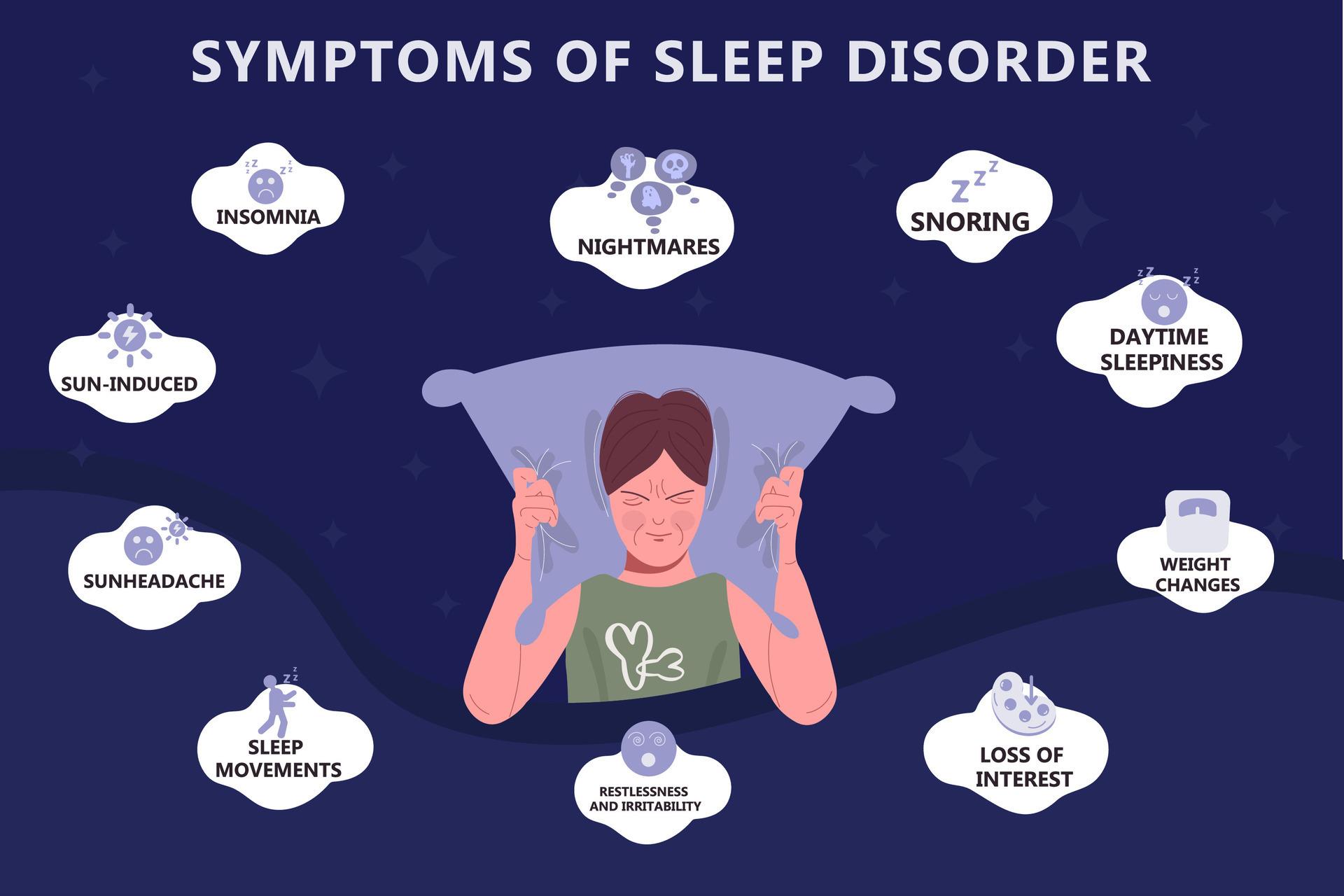The summer break, which is typically viewed as a period of leisure and reprieve from academic obligations, can have a complicated and multidimensional effect on students’ mental health. It provides a respite from the demands of academic life, but it also brings with it particular difficulties that may cause tension and anxiety. In order to assist students’ well-being throughout the year, parents, educators, and legislators must have a thorough understanding of these interactions.
Summer Freedom’s Allure
When you think of summer vacation, you probably picture carefree days, nonstop sunshine, and no homework. This time offers many children a much-needed break from the rigorous schedule of school. This freedom can be thrilling since it offers chances for leisure, discovery, and personal development. The opportunity to relax, travel, or just enjoy hobbies can do wonders for students’ mental health by recharging and relieving some of the stress that comes with finishing a school year.
Additionally, summer break frequently enables students to spend more time with friends and family, enhancing social ties and creating a sense of support and belonging. For some people, the additional social contact might improve their general wellbeing and sense of self-worth. Furthermore, the vacation from academic obligations might help reduce the ongoing stress brought on by difficult schoolwork and exams with high stakes.
Summer’s Hidden Stressors
But it’s not always as easy as it seems to go from school to summer. Some children may find it confusing to suddenly go from an organized setting to an unstructured period of time. Those who thrive on a regular schedule may experience emotions of anxiousness and aimlessness when there is no regularity. If kids are not accustomed to the routine of school, they could find it difficult to stay focused and have direction.
Summer break may not be the relief that students hope for if they are under strain or stress due to their studies. Another type of stress might be brought on by worries about falling behind in school or not being ready for upcoming milestones. Inadvertently adding to this strain are parents who sign their kids up for summer programs or extracurricular activities in an attempt to enhance them, particularly if these activities are seen as required or unduly competitive.
Social and Economic Divides
Students’ summer experiences are significantly shaped by economic considerations as well. It could be difficult for families with little means to provide enriching summer activities or simply essentials. These students may experience additional stress during their summer break due to food insecurity, limited access to secure recreational areas, or having to help out around the house.
The effects of summer vacation can be further complicated by social differences. More well-off students might have access to a variety of extracurricular activities, vacation packages, and other worthwhile experiences. Students from less fortunate families, on the other hand, might have fewer summer participation and support opportunities. This discrepancy, especially if students are conscious of the distinctions between their own summer experiences and those of their peers, can heighten feelings of inadequacy and stress.
Consequences for Mental Health
Summer vacation has a variety of effects on summer break impact student mental health, and these effects might differ greatly throughout pupils. Some people might do well without academic constraints, while others might feel more stressed and anxious. It’s critical to understand that the effects of summer vacation on mental health vary and are influenced by a variety of environmental and individual factors.
The lack of school-based support structures and mental health resources can pose a serious risk to adolescents who are more stressed out in the summer. It could be difficult for certain adolescents to maintain their emotional health if they don’t have regular access to mental health providers, teachers, and school counselors. This lack of assistance may make current mental health problems worse or may even lead to the emergence of new problems.
Methods for Promoting the Mental Health of Students
It’s critical to take a proactive and encouraging stance in order to lessen the possible harm that summer vacation may have to mental health. Maintaining a certain amount of structure and regularity while allowing for flexibility and relaxation is one of the most important roles that parents and other caregivers may play. Students can better handle stress and the adjustment by being encouraged to express their feelings and concerns in an open and honest manner.
By offering tools and assistance to children and families during the summer, educators and legislators may also make a difference. This can entail expanding access to mental health resources and providing summer activities that emphasize social-emotional learning in addition to academic enrichment. Schools and community organizations should work together to give students from different backgrounds more chances and support.
In summary
Although summer vacation offers the possibility of independence and leisure, its effects on students’ mental health are intricate and varied. It provides a much-needed respite from the demands of school, but it also brings with it certain difficulties that could cause worry and anxiety. We can ensure that summer vacation is a rewarding and meaningful experience for every kid by being aware of these dynamics and putting helpful methods into practice.






